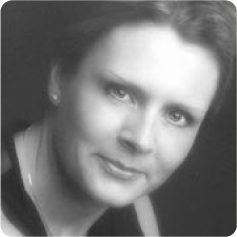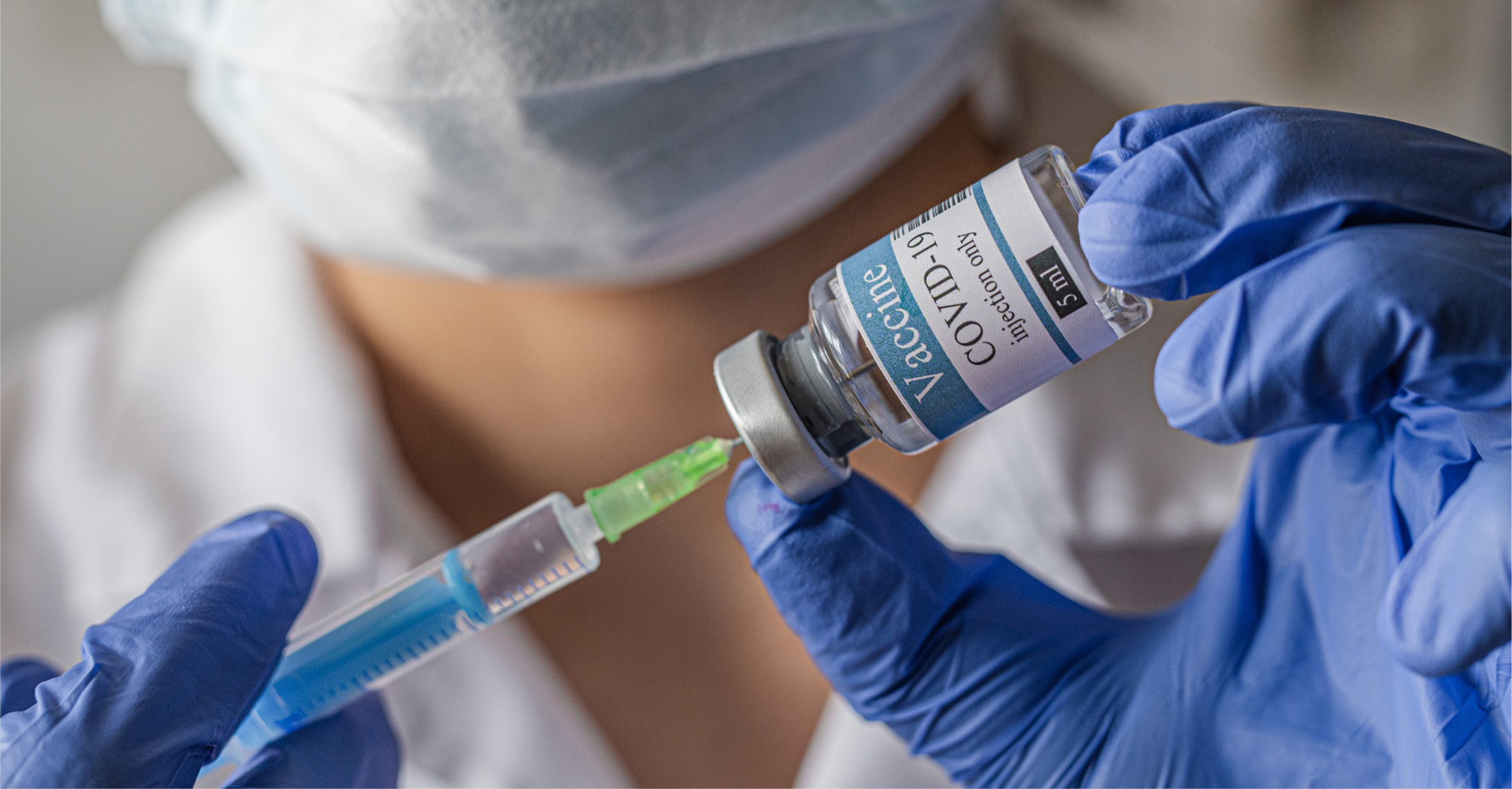References
‘Rather, ten times, die in the surf, heralding the way to a new world, than stand idly on the shore’: saying goodbye to 2020

Abstract
In the first issue of the year, Sharon King reflects upon an unforgettable year and its silver linings, as a reminder to be hopeful as vaccines begin to be rolled out across the UK

 After Pfizer and AstraZeneca both delivered on producing a vaccine, UK vaccinations began in December 2020
After Pfizer and AstraZeneca both delivered on producing a vaccine, UK vaccinations began in December 2020
Writing the first BACN column of a new year for the Journal of Aesthetic Nursing has given me an opportunity to look back at the past year, and to reflect on what has happened during 2020. Usually, I would include a review of new treatments, conferences attended, journals read and continuing professional development (CPD) updates.
However, 2020 has been a year like no other, as it saw the emergence of a novel virus that blindsided the whole world, crept up on everyone while people were enjoying the festivities of the 2019 Christmas holiday period and then started a reign of terror in 2020. The world watched in horror as healthcare professionals in Wuhan battled the virus and struggled to treat those affected.
The pandemic began back in December 2019, when the Chinese Wuhan Municipal Health Commission reported a cluster of cases of pneumonia of unknown cause, and it was thought to be linked to the wet market in Wuhan. The market was subsequently closed for environmental sanitisation and disinfection, and, on 23 January 2020, Wuhan City went into lockdown (BBC News, 2020). All travel in and out of Wuhan was prohibited, and movement around the city was restricted. Little did anyone know or understand about the magnitude of the task ahead. The same week, the International Master Course on Aging Science (IMCAS) World Congress went ahead in Paris and, apart from the occasional person wearing a face mask, everything looked relatively normal. However, I and other colleagues who were present did start to feel somewhat uneasy, as the first European case was reported from France on 24 January 2020 (European Centre for Disease Prevention and Control, 2020). Within a few days, Germany reported its first case: a person who had travelled there from China, and the World Health Organization (WHO) declared the novel coronavirus a ‘public health emergency of international concern’ (European Centre for Disease Prevention and Control, 2020).
Register now to continue reading
Thank you for visiting Journal of Aesthetic Nurses and reading some of our peer-reviewed resources for aesthetic nurses. To read more, please register today. You’ll enjoy the following great benefits:
What's included
-
Limited access to clinical or professional articles
-
New content and clinical newsletter updates each month


